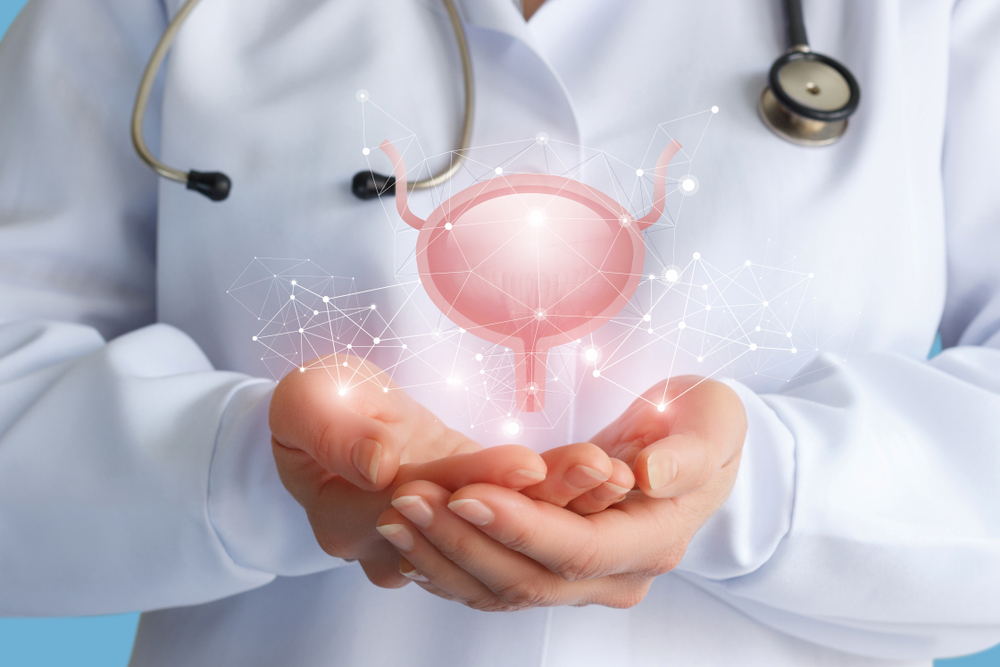DIAGNOSIS
A simple urinalysis cannot identify interstitial cystitis. There is no definitive diagnosis for the condition. Doctors make a diagnosis by exclusion. IC shares the same symptoms with other bladder disorders. These include urinary tract infections, bladder cancer, chronic prostatitis, STD, bladder stones, kidney disease, multiple sclerosis, chronic pelvic pain syndrome, and endometriosis. Doctors have to perform tests (urine test, pelvic exam, biopsy, etc.) to rule them first. Once confirmed that your symptoms are not caused by any other disorders/diseases, your doctor may diagnose you with IC.
To know if you have an ulcerative IC, the doctor may need to perform Cystoscopy, in which the doctor will use a special tool to look at the inside of your bladder. The doctor will also require you to keep a bladder diary, note the volume of fluids you drink, how many times you pee, and the amount of your urine.
TREATMENT
Lifestyle changes: cut down stress, slowly retrain your bladder, do low-impact exercise, quit smoking, control water intake, and avoid food triggers
Common food triggers:
- High-acid foods
- Citrus fruits
- Tomatoes
- Chocolate
- Caffeinated drinks
- Alcohol
- Spicy foods
- Artificial sweeteners
For severe IC, talk to your doctor. Your doctor may recommend drugs that can relax your pelvic muscles, and relieve symptoms such as:
- Painkillers: amitriptyline, gabapentin, and pregabalin
- Antihistamine: hydroxyzine, loratadine, and cetirizine
- Pentosan (repairs the bladder lining)
- Dimethyl sulfoxide (placed with a catheter)
- Steroids (for ulcerative type)
Surgeries and therapies may be needed for rare and severe cases.


